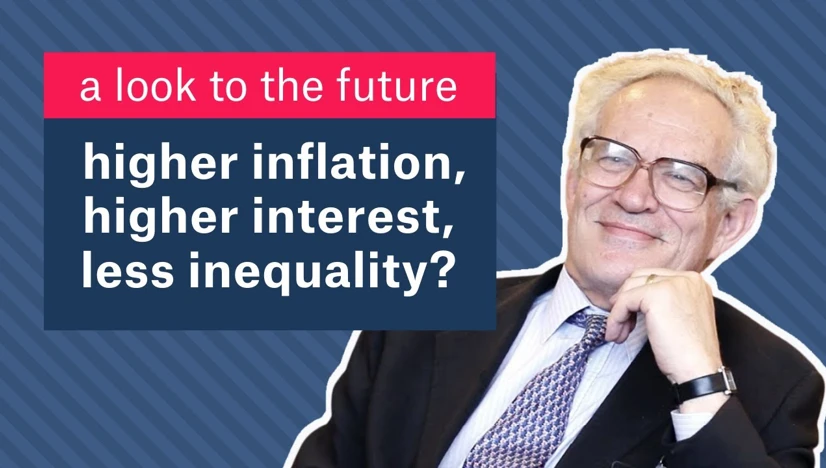Money View Symposium 2021
Young Scholars Initiative, 2021
Over the past decades, Perry Mehrling has built on the British and American central banking schools to developed what he calls the ‘money view’. While economics and finance have oddly abstracted from the concept of money in order to focus on other problems, this minority view focusses on money and credit for what it is: a set of interlocking promises to pay and how these promises get settled. The money view therefore is in a unique position to restart a conversation between economics and finance, as well as theory and practice.
The Money View Symposium was hosted by YSI on 5-7 February, 2021. The Symposium showcased the work of scholars and practitioners that make use of the money view, ranging from economists to lawyers, politicians and social scientists at large.
Comment from our editors:
Having all the videos from this insightful conference in one playlist is great material for people who have not yet engaged with the perspective of the money view in detail, but also for everyone with prior knowledge as it showcases quite a range of perspectives and research.
For beginners, it might be helpful to start with Céline Tcheng's presentation that summarizes the basic concepts and compares it to the "Mainstream Macro". She gives a brilliant, concise explanation of the mechanisms of interlocking balance sheets and shows what Hierachy of Money percisely means. For everyone who is already familiar with the terminologies, the various presentations on current research can serve as food for thought and inspiration.
Incidentally, the Money View is an elaboration of the traditional "credit view" or "banking theory", respectively. In particular, just as Marx and Keynes have emphasised, the Money View centres on the seemingly trivial aspect that in a money-based economy, money (or, indeed, credit) is at the heart of every economic activity, as opposed to the traditional view of a real-exchange, barter economy where money is presented as a mere "veil".
Personally, I was super excited about the "The Economics of Money and Banking Course" panel discussion. Different teachers of finance, money and banking explored why the money view has the potential to transform how those topics are taught. They revealed that finance is presented very differently in economics and finance programmes and show why the money view might be able to bridge this gap.
Go to: Money View Symposium 2021

